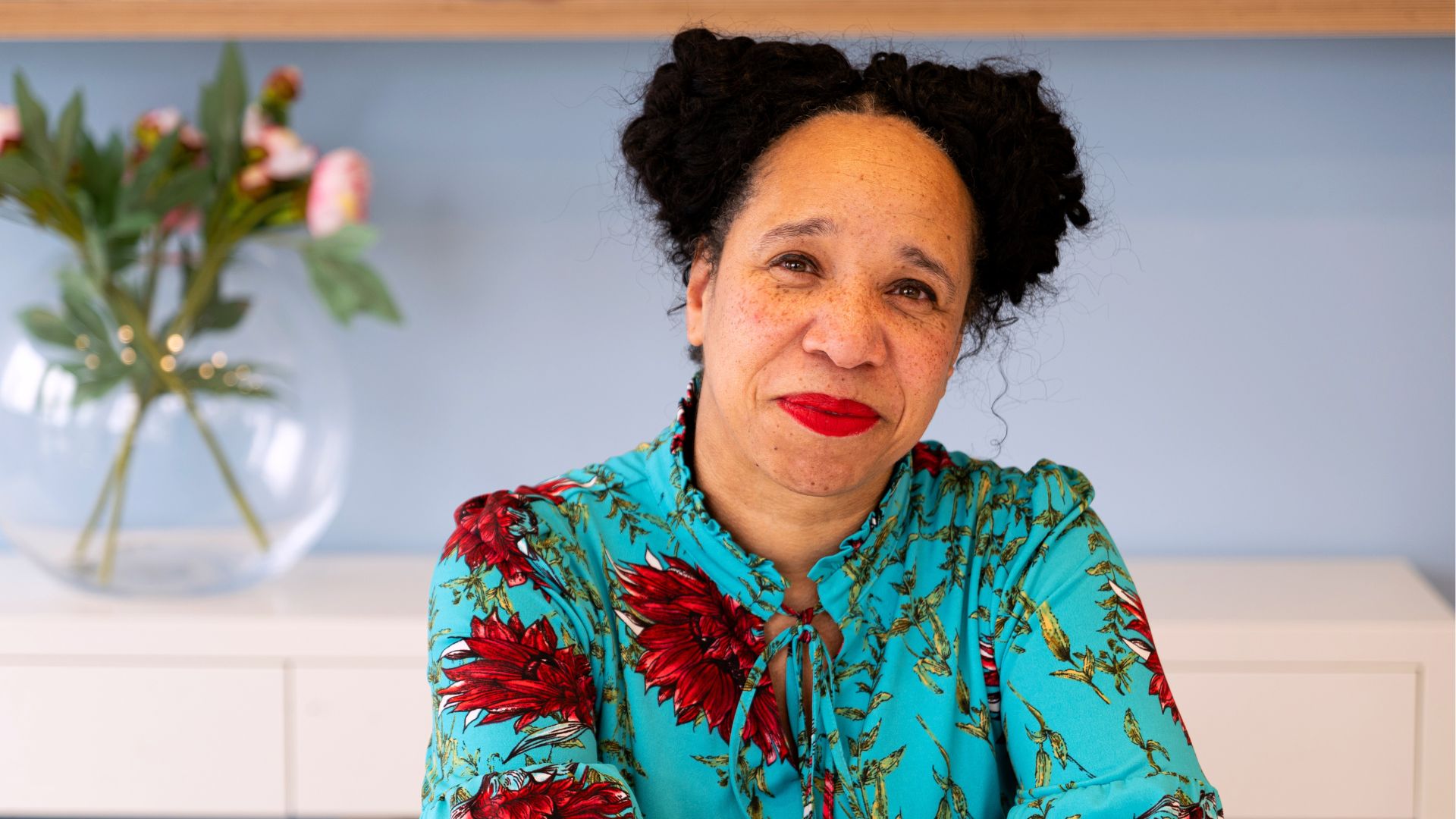You are viewing your 1 free article this month. Login to read more articles.
Hachette's latest gender and ethnicity pay gap reports show mixed picture across the company
Hachette has published its latest annual gender and ethnicity pay gap reports, marking progress in some areas — particularly in regards to the ethnicity pay gap — but with "more work to be done" as some pay gaps rise.
Hachette’s publishing division, Hachette UK Ltd, has seen a drop in its median gender pay gap to 17% (from 17.7% last year). However the mean pay gap has seen a rise from 22% in 2022 to 22.9% in 2023.
Meanwhile for Hachette’s Whole Group — which includes the company’s distribution wing as well as the publishing staff — both pay gaps increased, with the mean now at 17.02% (up from 14.5% in 2022) and the median at 8%, up from 6% in 2022.
The company said it was "disappointed" that the mean and median figures in the Whole Group, and the main factor behind the gender pay gap remained that women were over-represented compared to men in the lower pay quartiles. The fact that the distribution team is comparatively small also means minor changes can significantly affect the pay gap, the company added.
The representation of women in the company’s senior roles had increased, it said, with about 65% in the upper quartile and 76% in the upper middle quartile, compared with about 57% and 70% respectively, as reported in 2017.
In calculating pay gaps, the median figure falls in the middle of all employees’ salaries from lowest to highest paid, while the mean is calculated by dividing the total wages of a company by its number of staff.
The company said: "Our commitment to narrowing the gender pay gap and fostering inclusivity in our company culture is stronger than ever. We know there’s more work to be done, which is why we have implemented specific actions to promote gender diversity across all areas of our business. Achieving a better balance between male and female representation in various roles throughout our organisation is essential to gradually reducing and ultimately erasing our pay gap."
The publisher also voluntarily publishes its ethnicity pay gap statistics each year. Here Hachette UK Ltd saw its pay gaps shrink year on year in 2023, down 1.3% to 16.7% (mean pay gap), and down 3% to 9.4% (median pay gap). The Whole Group — including distribution staff — saw the mean ethnicity pay gap decrease by 1.5% but the median pay gap saw a very slight increase of 0.1%. Hachette said the fluctuations in the ethnicity pay gap for the distribution side of its business reflects the relatively low representation of Black, Asian, mixed heritage and minority ethnic staff within that segment of the company.
Black, Asian, mixed heritage and minority ethnic staff now stand at 14.7% of the full-pay workforce of Hachette UK Ltd (up from 7.7% in 2018), meaning the representation target of 15% within five years, set by Hachette UK in 2018 in line with the Publishers Association (PA) Inclusivity Action Plan, is close to being achieved. In the Whole Group, including distribution, the statistic is 13%.
The publisher said it was now setting itself a new target of reaching 18.3% within three years, thus becoming more reflective of the UK population by 2026.
Kim Kidd, diversity and inclusion manager at Hachette UK, commented: "As an employer committed to diversity, equity and inclusion, we have a responsibility to help dismantle the interconnected barriers that women and individuals from Black, Asian and mixed heritage backgrounds face in their careers. While we’re proud of our progress so far in driving equality at Hachette UK, we recognise that the whole picture is not a reflection of our ambition and commitment to Changing the Story."
Lisa Waterman, group HR director for Hachette UK, said: "We continue to prioritise actions that have a direct impact on recruitment, retention and promotion, including parental mentoring for those returning from family leave, a virtual work experience programme focused on the business of publishing for over 1,000 students aged 15-18, the expansion of Hachette UK’s traineeship programme in partnership with Creative Access, Curtis Brown and Waterstones, the engagement of recruitment partner Vercida, a career platform with a strong commitment to diversity, Pay and Progression workshops covering themes such as flexible working, career progression and returning from parental leave. All this work is underpinned by the ongoing and proactive engagement with Hachette UK’s brilliant staff networks, especially Thrive (Hachette’s Black, Asian and mixed heritage employee network) and Gender Balance Network, which actively partner in bringing equity and inclusion to Hachette’s ever increasingly diverse workforce."
The full reports can be accessed here.













